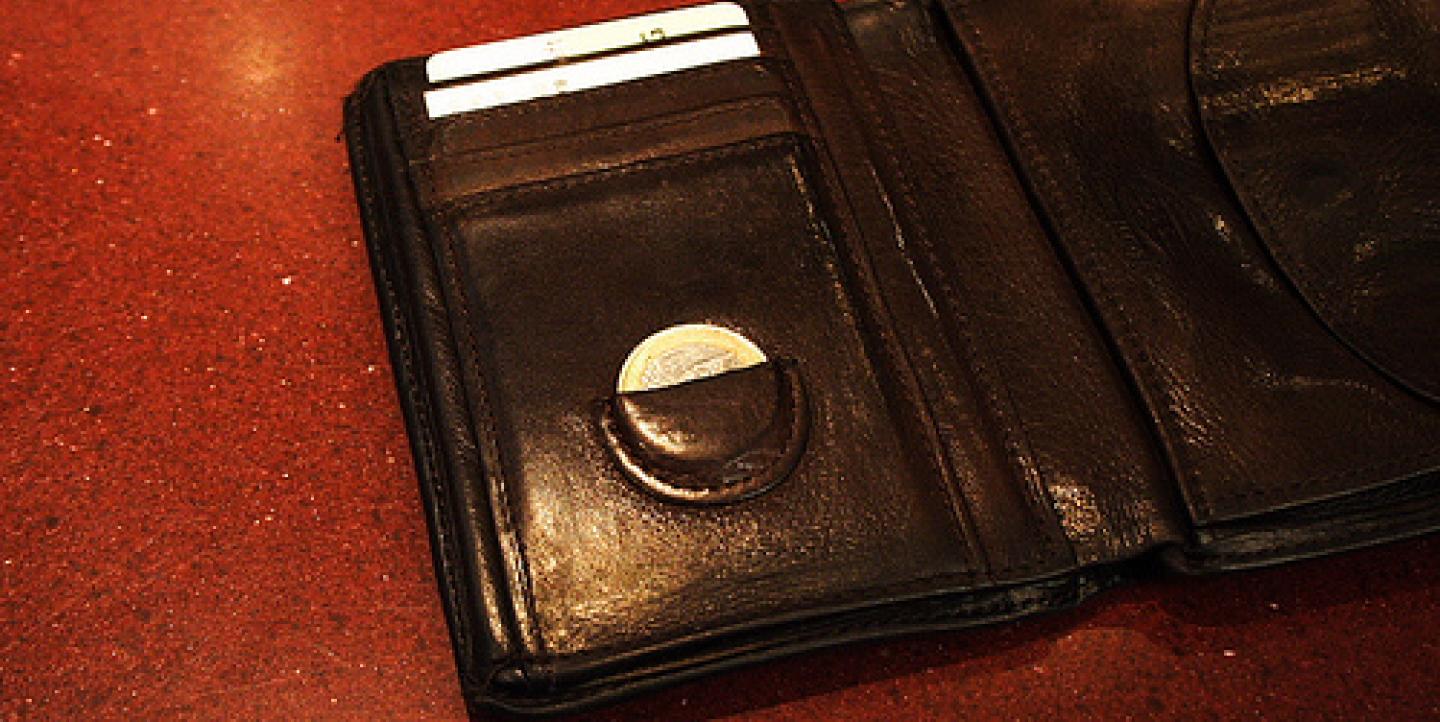Budgets for international reporting are now non-existent at most news outlets. Only a few U.S. newsrooms, such as the New York Times and CNN, maintain a robust overseas presence, and even these news operations have drastically scaled back on their coverage.
To fill the void in world news, news outlets increasingly turn to reporters who are paying for their own reporting trips or who find grants to cover their expenses.
In addition to formulating a story idea, developing a solid plan to execute the story, and obtaining letters of support from news organizations, journalists seeking grant support must also be able to put together a detailed budget. Even if the program doesn't require it (some programs award grants with fixed amounts), setting a detailed plan for how you'll spend the money you receive prepares you to get the story you want.
For freelancers, budgets are of special importance. Your ability to manage money in a way that produces quality journalism while satisfying funders is the key to career longevity.
Here are five tips for planning your reporting budget:
1. Plan ahead
Budgeting should be as much a part of your trip planning as doing advance research on the topic you’re covering. When I’m traveling, I think of myself as a small business: I have a product I need to produce to satisfy my customers (the news outlet and the funder), but I also need to produce this product in a cost-efficient way. The most effective way to do this is to create a budget and stick to it.
2. Identify hard costs
These include flights, living expenses (hotel or apartment, food, local transportation, meals, etc.), and the cost of vaccinations and visas. In most cases, these types of expenses will eat up the biggest portion of your budget. But they’re also easy to manage – you can determine exactly how much they will cost before you travel.
3. Identify soft costs
These are costs you are likely to have but can’t nail down precisely ahead of time. Think of them as the miscellaneous expenses you’ll have while traveling. These include fixers, translators, drivers and local photographers. In many cases, you can negotiate these prices before you travel, but they often change based on where the story takes you.
4. Consult with others
The best way to determine how expensive it will be to report in a foreign country is to talk to reporters who have done it or are currently there. Wire reporters are often great resources. They can help to identify cheap translators, fixers and photographers, as well as introduce you to helpful sources.
5. Leave yourself some wiggle room.
In every budget, there should be a bit of wiggle room – call it a contingency fund – for unexpected costs. You never know where a story might take you, so plan to have a bit of extra cash on hand for unexpected travel or an extended stay. This is especially important for reporters traveling in conflict zones. Having some extra cash on hand provides a bit of extra insurance, as well as peace of mind.
David Francis is an American reporter based in Washington, D.C. His work has appeared in The Atlantic, Christian Science Monitor, Foreign Policy, The Fiscal Times, World Politics Review, and many other publications. He has reported from around the world on topics ranging from transatlantic relations to terrorism to finance. He has received multiple grants for independent reporting projects from nonprofits including the International Center for Journalists, IJNet's parent organization.
Follow David Francis on Twitter or visit his website.
Image CC-licensed on Flickr via futureshape.

